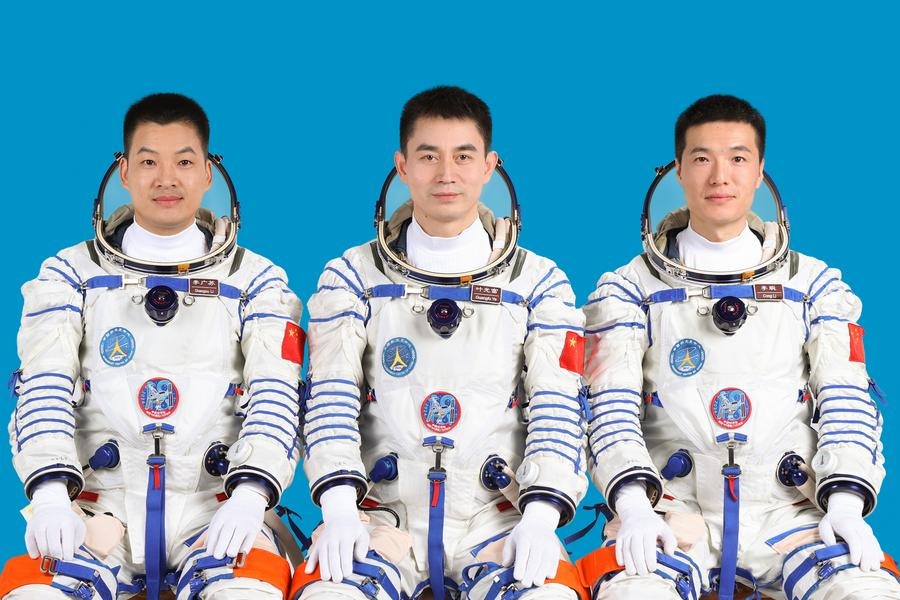The perfect storm and education reform
By David Scott Clegg | China Daily Global | Updated: 2019-12-14 05:56

Change. The one constant in the continuation of all things. Indisputable, unavoidable that we as humanity must go through such transformations. It is part of the pattern of nature, of life, one we must endure to the end, with little choice in whether to weather change — only in how.
With grace and ease or kicking and screaming, change is once again upon us. And as always, perfect in the storm created to shaken and awaken humanity to a greater version of itself.
Inequality and social fragmentation.
AI and automation.
Overpopulation.
Stagnation in education innovation.
Four factors. A series of causes that, when combined in time and space, set in motion a potential catastrophic effect upon the world we know. Asking more of us while threatening the very core of us. Reflecting back to us while providing a forward view to a better world, opportunity on the other side of adversity. Reflection, that is, only when we are ready to see.
Around us, inequality and social fragmentation pose risks of further conflict, division irrespective of nation, system — and with greater transparency as to the "haves, have nots, and will never haves".
Around the corner, artificial intelligence and automation offer to strengthen societies, threatening to subvert them in the same, challenging paradigms, requiring a recalibration of work, life, humanity and shared responsibility.
Add to this a rapidly growing world population with its assumptions, consumptions, along with predominantly archaic systems of education that neither distinguish between the needs of individual students nor recognize the values, skills, abilities required of today's generation, global workforce and citizenry… and you have a perfect storm that threatens world economies, societies and the shared future of mankind.
Can there be perfection in something that produces pain? Something that demands change so extreme it moves us to stretch well beyond our perceived boundaries as society, as humanity, as a consciousness in what it means to be human? Redefining as it is defining in a moment of time along the continuum as eternity, one without guarantee.
The current climate demands it. The failure of nations ensures it, their education and other systems adapting poorly with the changing dynamics, requirements of the world, creating a potential tsunami for the coming decades if not addressed.
The future of work is changing, the meaning of life evolving. But are we? Can we afford not to be?
Humanity needs a lifeline. One that education in its broadest definition as both source and solution must provide.
OECD this week released its latest PISA results from 2018. There were highlights. Once again, Asian nations dominated, with China continuing its meteoric ascent, atop the tables for the first time. The US improved while middling around the OECD average, leading only in per pupil expenditure.
The debated international study evaluated but a thread of the education fabric required for the world tapestry desired. More symptomatic of the problem we face.
For with all the celebration of perceived achievement, the link between education and the real world it serves remains, in effect, broken. Education in its varied forms has been a poor listener, adopter, disseminator; a recalcitrant learner and innovator.
That is at a time when groundbreaking achievements in medicine, science, technology, as well as the arts, have provided humanity with revelations for higher elevations.
Innovation. Cooperation. Essential for the progress and sustainability of societies. And largely missing from today's education by most measures.
There is hope.
Recently, China and the US celebrated 40 years of education exchange in Washington DC. Chinese Ambassador to the US Cui Tiankai may have captured the moment best in expressing, "At a time of difficulties, it is all the more important for the people not to turn against each other, or on each other, but towards each other."
He was speaking of cooperation, of greater understanding and trust forged through such. It is a time when two countries that had little reason to trust chose to do just that – and must do so once again.
For humanity in its entirety faces challenges that may only be transcended through its willingness to adapt and adopt a new way of thinking, a new consciousness and adjoined responsibility as a worthy tenant of this planet.
The writer is the author of The Longest Distance, founder and chief executive of UNITE Education (www.uniteeducation. com), and former managing director of The HEAD Foundation.























